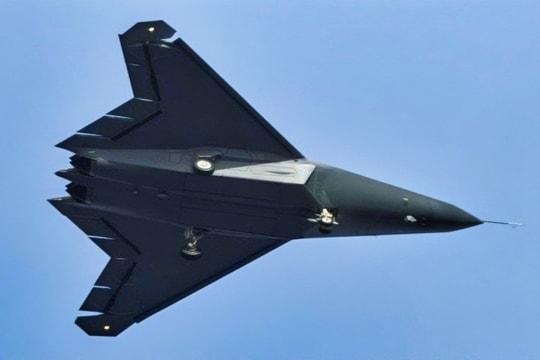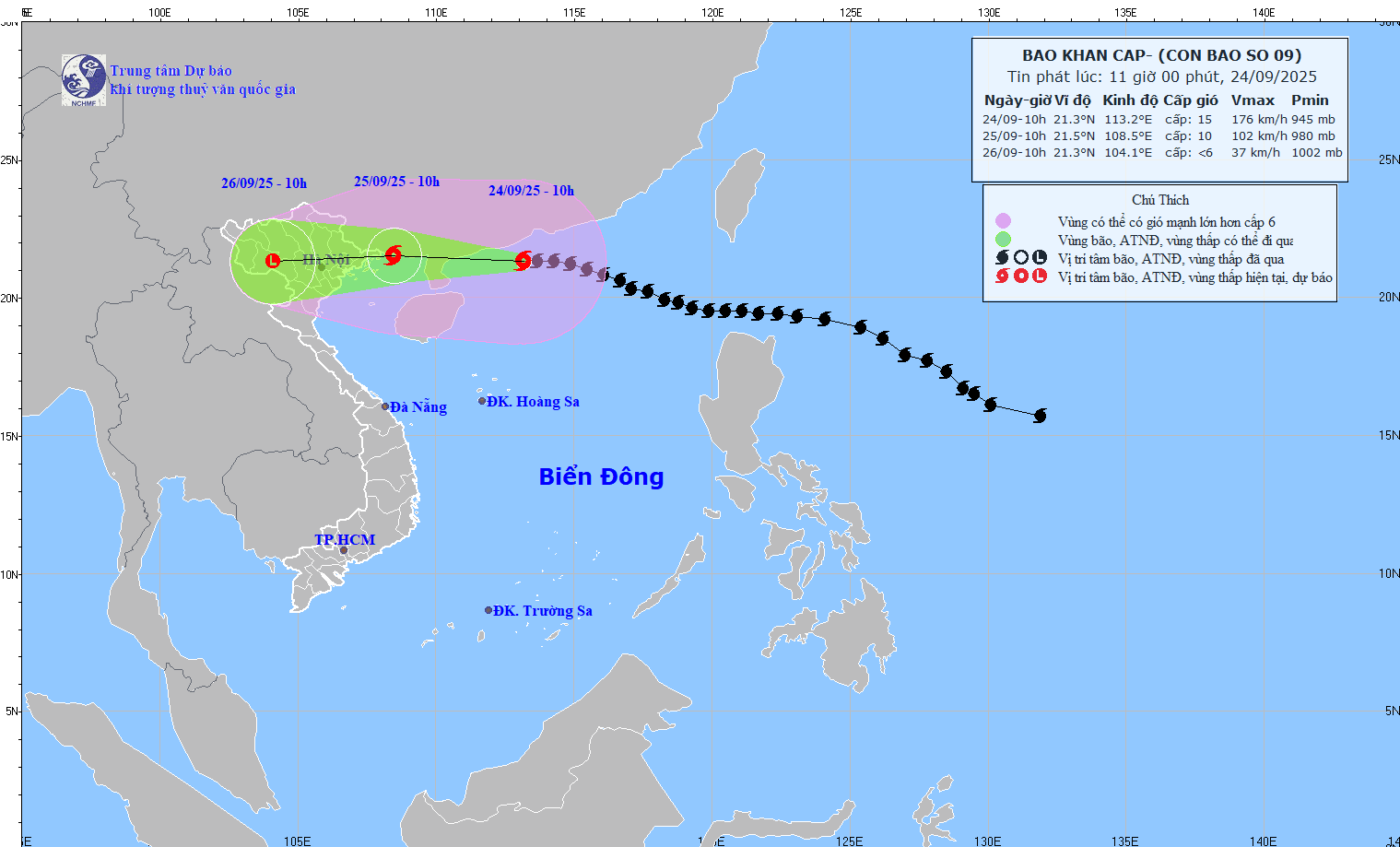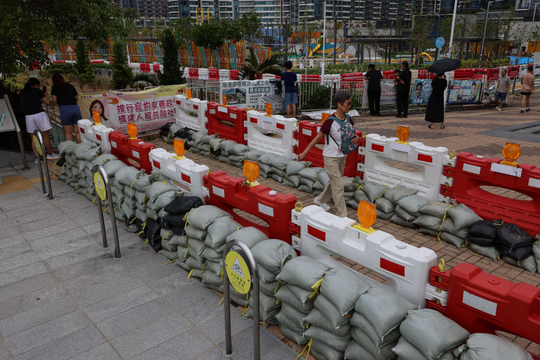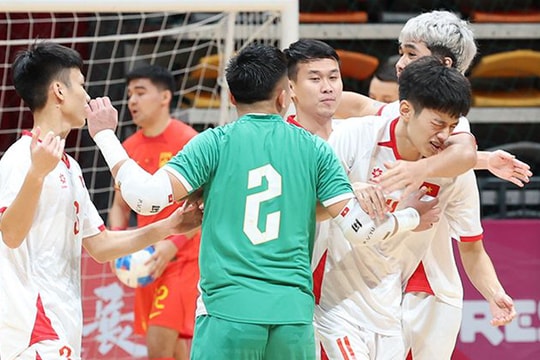China continues to send ships near Senkaku/Diaoyu
On August 7, China announced that it would continue to send two coast guard ships into waters near the disputed Senkaku/Diaoyu Islands.
Relations between China and Japan continue to be tense over the sovereignty dispute over the islands, which Japan calls Senkaku and China calls Diaoyu.
 |
| The Senkaku/Diaoyu Islands are considered the focal point of tension in Japan-China relations. (Photo: Japan Times) |
In recent days, China has continuously sent coast guard and fishing vessels into the 12-nautical mile waters near the disputed islands, while Japan has summoned the Chinese Ambassador to protest, declaring that it will increase vigilance to prevent Chinese ships from entering the said waters.
Today (August 7), China announced that it has continued to send two coast guard vessels into the waters near the disputed Senkaku/Diaoyu Islands. The China Oceanic Administration said that two coast guard vessels numbered 2166 and 33115 conducted “maritime patrols” in the territorial waters of the Diaoyu Islands, which Japan calls Senkaku.
This activity was carried out just 2 days after China sent 2 coast guard ships to escort many fishing boats into the waters near the disputed islands. Previously, in June, China confirmed that for the first time, it sent warships into the waters near the Senkaku/Diaoyu Islands.
On the Japanese side, the Ministry of Foreign Affairs summoned Chinese Ambassador to Tokyo Cheng Yonghua to protest the incident of two Chinese coast guard ships escorting many fishing boats into the waters near the islands that both countries claim sovereignty over. Japan strongly protested China's actions that increased tensions, saying it would increase vigilance in the area.
In response, yesterday (August 6), the Chinese Foreign Ministry spoke out against Japan's summoning of the Chinese Ambassador to protest.
The Chinese Foreign Ministry spokesman continued to assert that China has sovereignty over the Diaoyu/Senkaku Islands and surrounding waters, and asked Japan to “calmly” look at the actual situation and “not take any action that could make the situation more tense and complicated.”
Relations between China and Japan have recently become increasingly tense, not only due to sovereignty disputes but also due to a series of other issues, such as conflicts over historical issues or mutual suspicions about military development trends.
The Japanese Ministry of Defense recently published its 2016 Defense White Paper, which listed a series of China's unilateral actions that caused tension in the East Sea, which caused strong reactions from China.
China also expressed dissatisfaction with Japanese Prime Minister Shinzo Abe's cabinet reshuffle, appointing Ms. Tomomi Inada as Japan's Defense Minister, because she believes that Ms. Inada has a hardline stance on historical awareness and frequently visits the Yasukuni Shrine, which will make relations between China and Japan more tense in the future./.
According to VOV
| RELATED NEWS |
|---|








